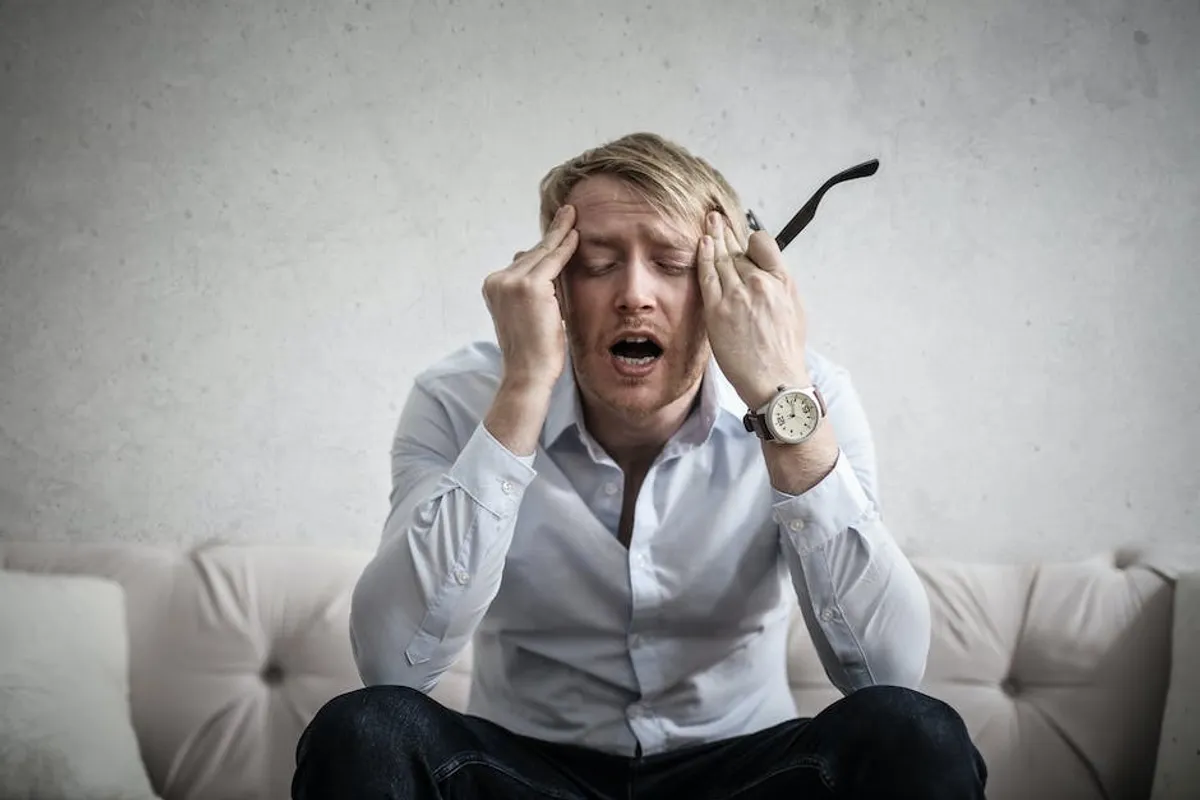Alcohol use and alcohol use disorder (AUD) can have many profound effects on a person's physical and mental health. However, prolonged and excessive use of alcohol can also have a myriad of lingering effects on daily life. Alcohol-induced psychosis is one of these profound impacts, and understanding its signs and symptoms is necessary to pursue the necessary treatment. Redpoint is committed to reaching each person where they are in their recovery journey, and preparing to develop a plan and overcome alcohol-induced psychosis is part of this journey. While difficult, there are always options to explore to address alcohol-induced psychosis and take the first step toward a healthy, sober life.
Understanding Alcohol-Induced Psychosis
Alcohol-induced psychosis is an intense and difficult situation to overcome, with intense effects that demand professional attention. While not everyone who engages with alcohol will necessarily experience the effects of alcohol-induced psychosis, it can be a risk for those who not only engage with alcohol at excessive levels, such as with binge drinking, but also those who frequently engage with the substance multiple times a week, or even daily.
However, attitudes and acceptance around alcohol use can leave some people unprepared to cope with the possibility of alcohol-induced psychosis. Because alcohol is a legal substance, many may perceive it to be somehow a safer" option to illicit drugs. However, this comparison does not mean that an individual is immune to alcohol's destructive effects, and many may not moderate their use of alcohol or be able to identify when their use of the substance has developed into an addiction, furthering the risks of developing alcohol-induced psychosis.
Alcohol-induced psychosis has intense ramifications on a person's mental and physical health. For some, the direct use of alcohol can lead to symptoms of alcohol-induced psychosis, while others may experience their symptoms upon the cessation of alcohol use, such as during intense withdrawal symptoms or delirium tremens (DT). No two individuals will necessarily experience alcohol-induced psychosis in the same way, but identifying the potential signs of alcohol-induced psychosis can empower an individual to seek professional treatment quickly for a safe and effective approach to overcoming its intense effects.
Identifying the Signs of Alcohol-Induced Psychosis
Alcohol-induced psychosis is stressful, whether an individual is experiencing its intense effects themselves or supports are witnessing a loved one expressing its symptoms. Identifying the signs of alcohol-induced psychosis as quickly as possible is necessary for pursuing effective treatment efficiently. Some of its most common symptoms may include:
- Mood swings
- Paranoia
- Anxiety
- Panic
- Rapid shifts between bursts of energy and exhaustion
- Intense hypersensitivity
- Confusion
- Hallucinations, either visual, olfactory, or auditory
Many of these symptoms may manifest in tandem, creating an incredibly complex and difficult situation to navigate. Changes in perception through hallucinations or a disconnect from reality can cause an individual to react in drastic ways while experiencing alcohol-induced psychosis, making dedicated, educated, and professional treatment absolutely necessary to address its symptoms.
Identifying alcohol-induced psychosis can be difficult, especially if an individual has a history of mental health disorders that may manifest with their own symptoms. However, alcohol-induced psychosis can be best identified by not only recognizing applicable symptoms, but also their proximity to alcohol use, whether an individual expresses such symptoms immediately after consuming excessive amounts of alcohol, or soon after the cessation of such use.
Treatment at Redpoint
While it is common to want to support and care for loved ones throughout their recovery journey, it is also important to recognize the limitations of personal supports and when professional treatment is necessary to address a situation. Alcohol-induced psychosis can not only be an intense situation on its own, but it can also cause those experiencing it to act irrationally or out of fear rather than considering the consequences of their actions for their safety or the safety of others. Professional care is necessary, not only to help those experiencing these intense symptoms stay safe themselves but also to be available to administer proper medical treatment.
For some, medication may be necessary to address particular symptoms, either to address anxiety, panic, or rapid mood swings to overcome alcohol-induced psychosis. While some may benefit from short-term use of medication, others may need more consistent and chronic support while exploring their relationship with alcohol with professionals. However, medication is not a quick fix" to alcohol-induced psychosis or the addiction that informed it, and professional detox and continued outpatient treatment programs at Redpoint are essential for navigating its symptoms while beginning the journey to a healthy and sober life.
Redpoint can support those overcoming addiction to address the use of alcohol and mental health disorders in tandem, creating a comprehensive approach to each individual's needs and challenges throughout their recovery journey. While alcohol-induced psychosis more commonly affects those with a more storied and heavy history of prolonged alcohol abuse, psychosis can still affect anybody. Professional treatment is necessary for not only addressing its symptoms safely but also preventing an individual from future episodes by promoting continued support in their journey to a life of sobriety.
Alcohol-induced psychosis can be wholly devastating, and professional care is necessary to not only address its acute symptoms but also prepare an individual for the journey to recovery and sobriety ahead. At Redpoint, we understand the difficult nature of recovery and the need for trained medical support in overcoming alcohol-induced psychosis. We are equipped to not only help you or your loved ones begin your recovery journey, but our multiple locations throughout Colorado, from Longmont to Fort Collins and Glenwood Springs, create a community of mutual healing and sobriety to facilitate a truly transformed future. For more information on how we can personalize your recovery journey with us, or to speak to a caring staff member, call (303) 219-0973.
